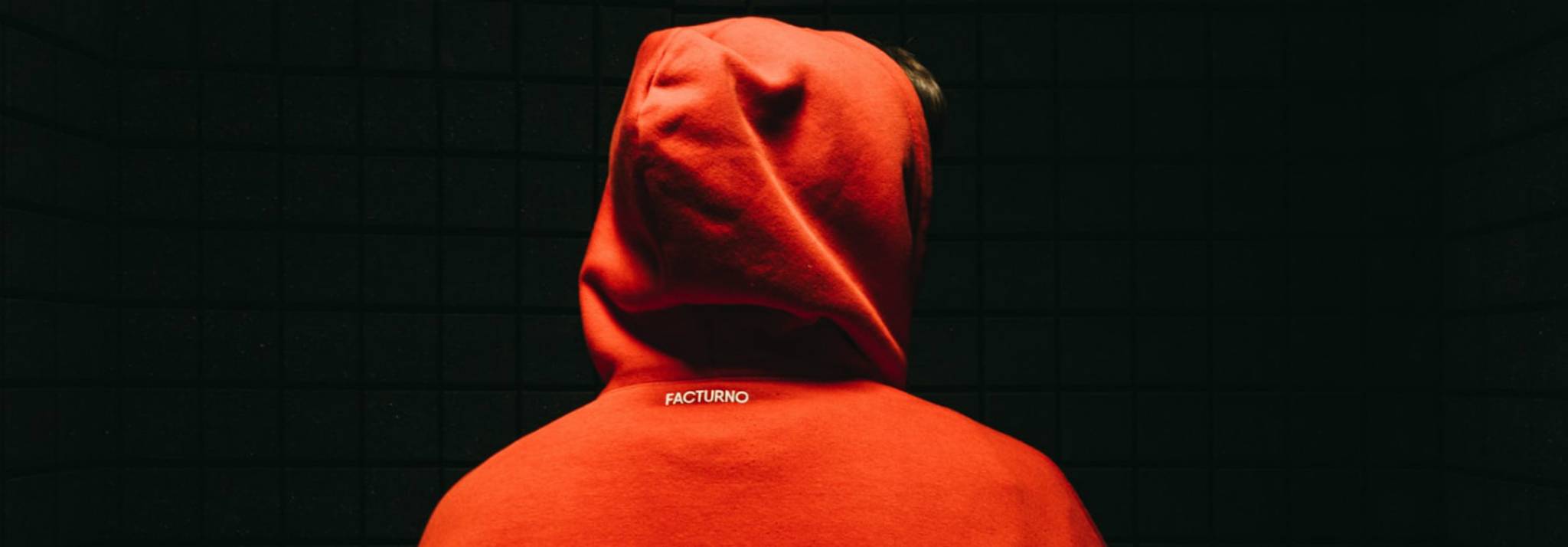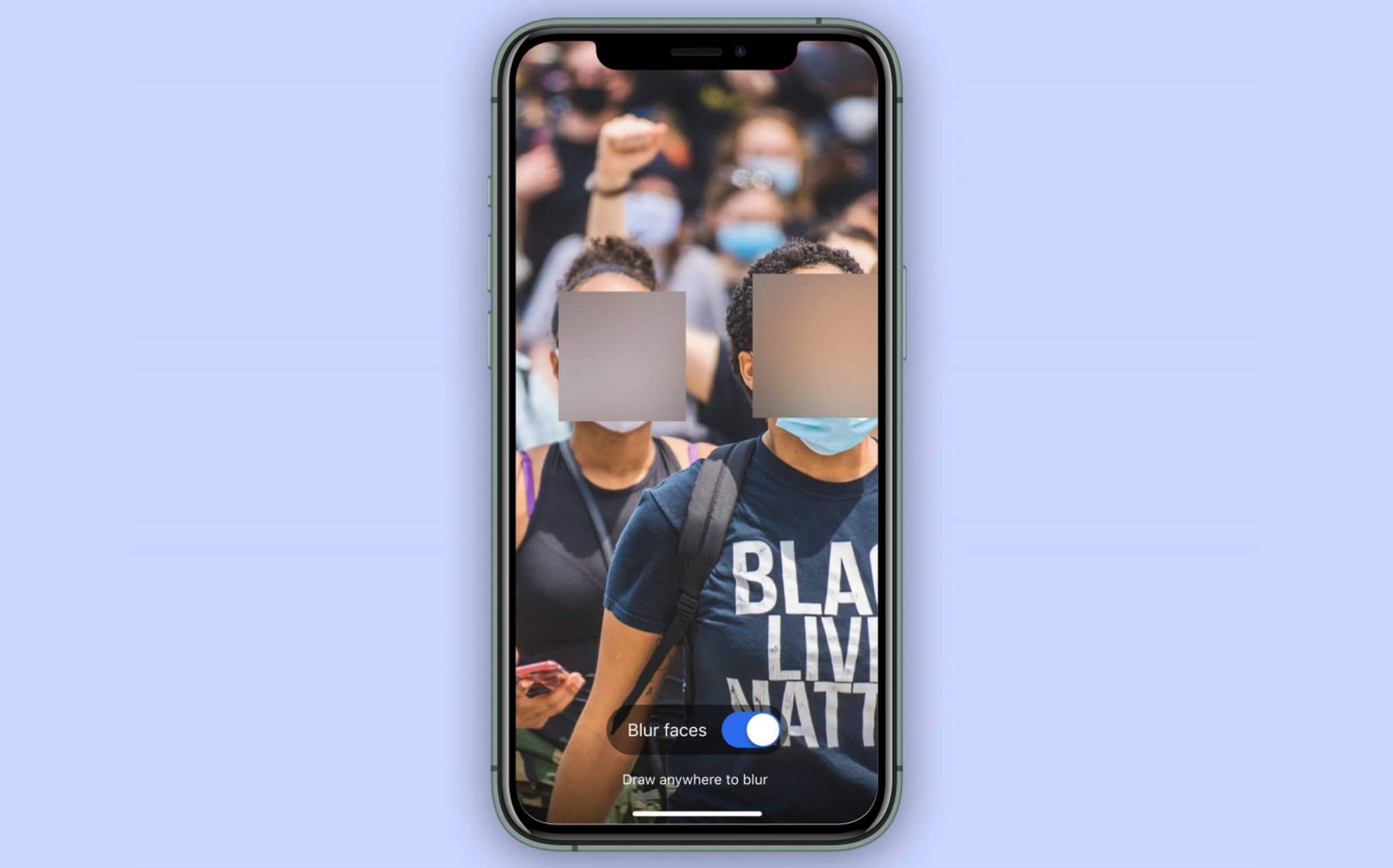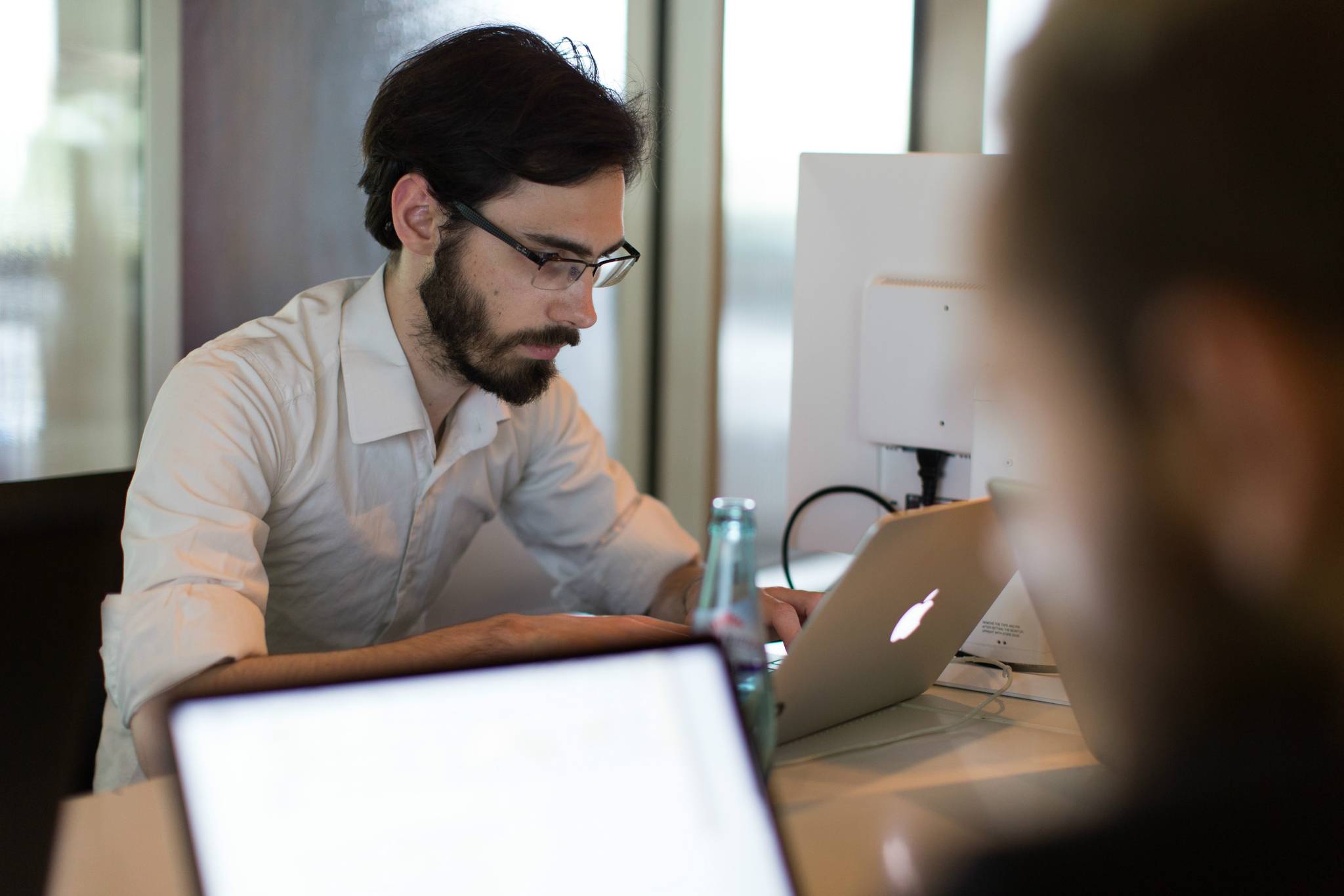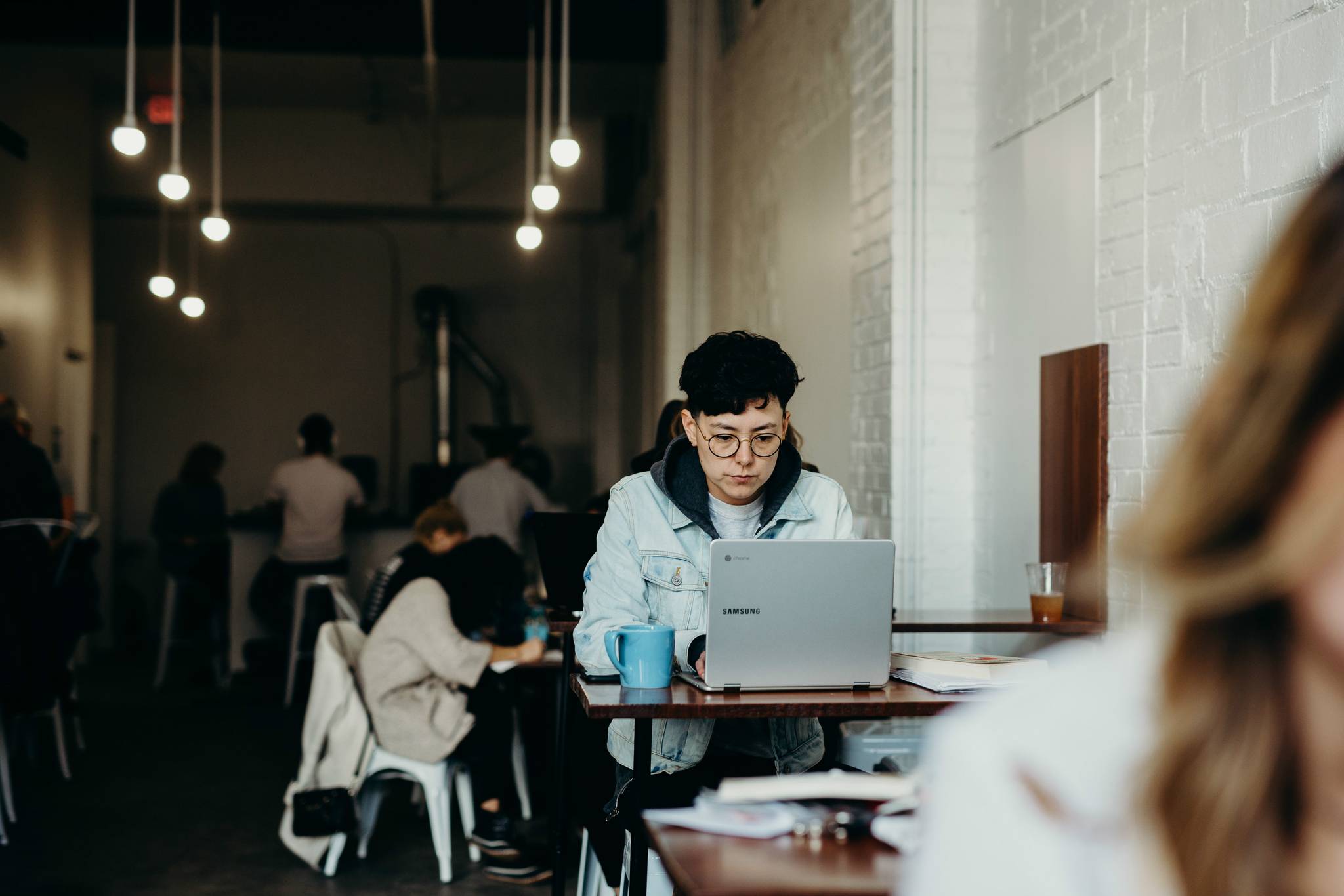
Amid widespread concerns surrounding civilian surveillance, fashion is becoming a vehicle for maintaining privacy. Blending fashion with technology, Phoebe Heess’ Sportslens provides the functionality and style of a visor with the security of anti-facial-recognition design. We explore the insights behind this and how fashion design is blending style and protection.
The German tech sportswear label’s Sportslens visor was designed for outdoor activities like sports and festivals. The visor is made from scuba material and is adjustable to the individual wearer, with an attached mirrored glass that protects the eyes but doesn’t hinder peripheral vision. The visor shields wearers from UV radiation, but it also prevents facial recognition technology from picking up identifying features. “The [facial recognition] algorithm will have problems defining the mesh overlay it’s creating when half the face is covered,” says Gabriel Platt, co-founder of Phoebe Heess. “Even if the algorithm can make out the eyes, the refraction of the lens will distort the results.”
People are becoming more protective of their identities both on- and offline, especially as they see companies and government organisations track people at protests with facial recognition technology. In 2019, 59% of Americans said it was acceptable for law enforcement to use facial recognition tools to assess security threats in public spaces. However, because of the Black Lives Matter 2020 protests, attitudes are changing. In response to this, tech companies like IBM and Microsoft are siding with citizens, recognising the ethical and racial bias in these technologies. And clothing items like Sportslens have become temporary solutions to keep people shielded from unwanted interventions, while apps like Signal help people maintain anonymity with face-blurring capabilities.
Luana Sambell is a behavioural analyst at Canvas8. She holds a master's degree in consumer behaviour and is passionate about cultural trends and the latest happenings in retail. Outside of work, you can find her exploring different cultures through food or catching live music whenever possible.



